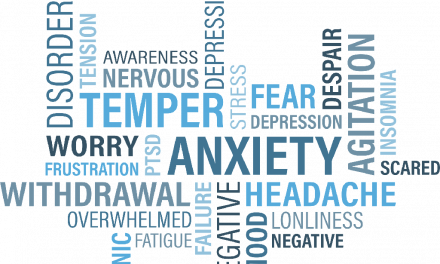Students misbehaving can be the result of a variety of different factors. We must drill to the core root of why a student is behaving like this and find a solution that suits all involved.
Trauma, mental health challenges, learning difficulties, the list goes on as to why a student may display disruptive behaviour. However, more prevalent issues could be why students misbehave and potentially lead to suspensions and exclusions. Examples could include the recent news of the Israeli-Palestinian conflict or the Russo-Ukrainian war.
Israel-Palestine
The Israeli-Palestinian conflict has been raging since the mid-20th century, but it could be argued that this has been happening for hundreds of years.
We won’t delve into the series of factors as to why this war has been raging, however, it could be a reason as to why students are not behaving accordingly in education. Recently, BBC News reported:
The education secretary has said she is “deeply concerned” about children skipping lessons to attend protests calling for a ceasefire in Gaza.
There have been many protests recently relating to the Israeli-Palestinian war with many pupils attending and deliberating whether they should miss class. This also poses the question as to whether students become involved with disagreements which could heighten racial tension, potentially leading to suspensions and exclusions.
This stresses the importance of finding common ground within a school setting to ensure each student has the right to express themselves freely, but in a respectful and tolerant manner that is in line with British values.
Russia-Ukraine
The Russo-Ukrainian war started in 2014 with Russia escalating this in 2022 by deploying a fully-fledged invasion of their neighbours.
The world united in solidarity supporting Ukraine due to the severity it caused on the global stage. This resulted in children and young people in the UK being exposed to traumatic images and videos about the devastation. Also, this raised the issue of students becoming emotionally unstable and exhibiting low-level disruptive behaviour. Emotional-based school avoidance (EBSA) has become an increasingly challenging issue due to war, family life and other factors contributing to students’ experiences.
Those children and young people exposed to hard news stories and damaging information need a safe space where they can express their thoughts and feelings. Many students will not want to talk about certain aspects of their lives and therefore lash out displaying vulgar behaviour.
We must find an off-site solution that suits these students and other pupils who present such challenges. Could an online and hybrid method help balance a student’s challenging behaviour, drive engagement and improve their overall education experience?
Using an effective off-site direction to address behaviour
An effective off-site direction will elevate a student’s experiences and outcomes during their educational journey. Students with emotional or behavioural needs can benefit from using an off-site direction as it will help them recognise why their behaviour about hard news stories isn’t acceptable. The importance of British values can also be reinforced allowing these students to realign their views to an acceptable standard.
Students can use off-site direction and positive behaviour reinforcement to overcome certain learning barriers that may be hindering their progress. In addition to this, students can re-evaluate their behaviour with better-coping mechanisms being provided by supporting staff encouraging these students to engage properly.
An online alternative provision, like EDClass, can allow a flexible model that boasts one-to-one support for students who showcase negative behaviour. Specific positive behaviour reinforcement strategies are implemented to correct a student’s poor behaviour allowing them to fully focus on their education and positively reintegrate when possible. Call the team on 01909 568338, send an email to mail@edclass.com or enquire for more information here.









